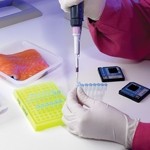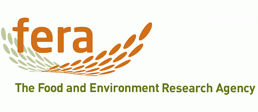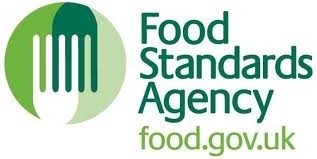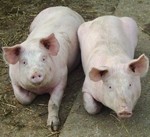Regulators hunt out food fraudsters

As a consequence, the Food Standards Agency (FSA), Department for Environment, Food and Rural Affairs (DEFRA), public analysts and other UK food research bodies are all devoting more resources to trying to detect it.
Illegal activities range from sales of fake alcohol to disreputable traders trying to pass off cheaper rice, cheese, honey, meat and fish as their more expensive counterparts.
"There is a lot that is going on regarding fraudulent and misleading [labelling] activities," said Anil Kanani, head of food and drink authenticity at the Department for Environment, Food and Rural Affairs (DEFRA). Kanani was speaking at a conference on safe authentic food, organised by the LGC, formerly known as the Laboratory of the Government Chemist.
Not exhaustive
"We have certainly seen a significant increase in incidents of food fraud over the past year," said a spokesman for the FSA, which operates a specialist Food Fraud Branch. He added: "The intelligence we hold is not exhaustive and only represents the intelligence that is notified to the Agency's Food Fraud Branch." Consequently, the true levels of food fraud are likely to be much higher, he added.
The number of reports of food fraud to the FSA's food fraud team increased by 50% between 2010 and 2011. There were 1,400 reports in 2011, compared with 908 in 2010. The largest group (36% of all reports) in the FSA's food fraud database in 2011 was for counterfeit alcohol, mostly vodka and wine. This was followed by illegal imports (15%) and the sale of unfit food (9%).
"We need intelligence about potential frauds," said DEFRA expert Professor Sandy Primrose. "A lot of people are moving to food fraud because it is lucrative and you are unlikely to be detected."
Isotope analysis
"To stay ahead of the fraudsters you need the most up-to-date technology," said Dr Lucy Foster, food chain research programme manager at DEFRA. The four main methodologies being used are stable isotope analysis, DNA methods, Proteomics, and Metabolomics, said Foster. "The challenges remaining here are issues around uncertainty and quantification of measurements."
Campden BRI, for example, has been working with the FSA on a project to develop a commercial fish authenticity testing kit, based on 'laboratory-on-a-chip' for capillary electrophoresis and DNA microarrays. This is being used by six public analyst laboratories around the country to differentiate cheap fish species, such as Vietnamese catfish otherwise known as Pangasius or River Cobbler from more expensive varieties, such as cod, which costs twice as much, said Steve Garrett, head of the Molecular Biology Group at Campden BRI.
Not only is such passing off fraudulent, it could be potentially dangerous to individuals who are allergic to catfish, said Garrett. With this approach, it is "possible to detect multiple species for a single test", he added. The technique has also been developed for meat species profiling.















